Foods to Help You Ease Bloating

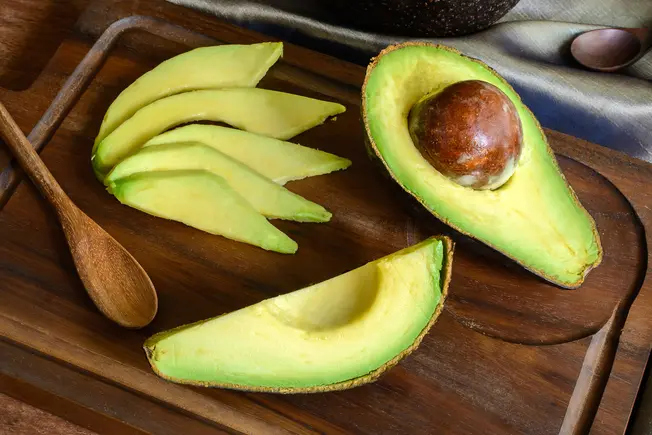
Avocados
These pear-shaped fruits (yep, they’re fruits!) are packed with potassium. Your body needs potassium to manage its sodium levels, which in turn controls the amount of water you hang onto. The better that system works, the less bloat you’ll have.
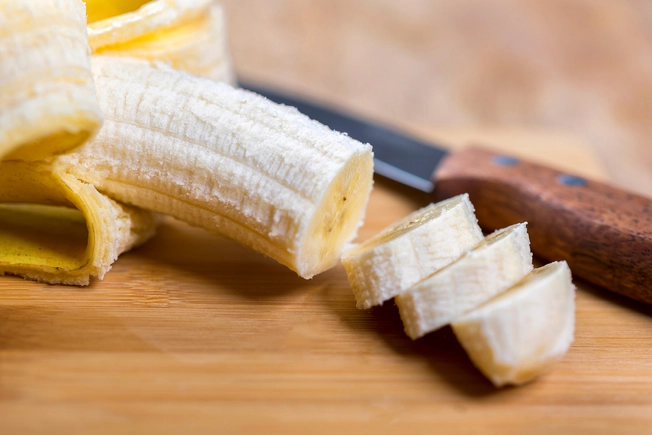
Bananas
Bananas deliver a potassium punch. One study showed that women who ate a banana before each meal bloated less than those who didn’t. Experts think that’s because they deliver certain gut bacteria that help calm gas production in the belly.
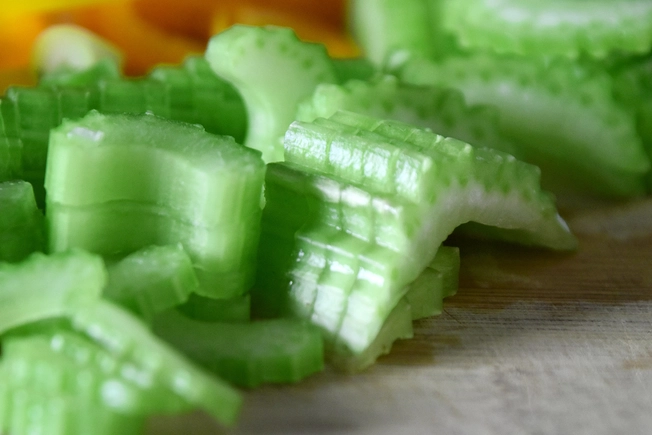
Celery
Crunch into some celery for a hydration boost to get your digestion moving. As a bonus, celery also provides certain flavonoids (tiny plant molecules) that reduce inflammation in your body -- including in your gut.
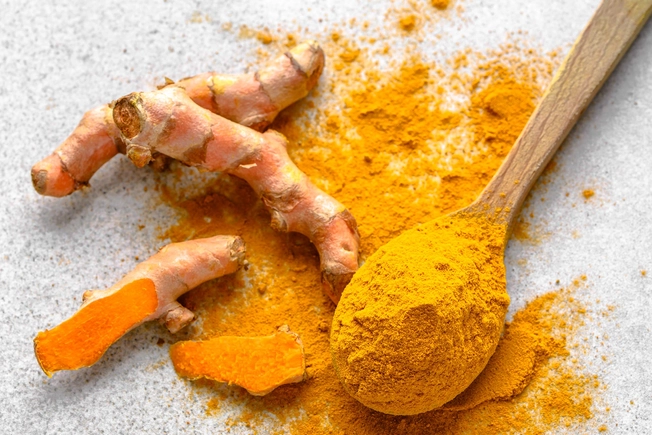
Turmeric
This spice that gives curry its yellow color contains a good bit of the compound curcumin. Studies show curcumin can tame IBS symptoms, easing discomfort, regulating the digestive system, and reducing bloating.
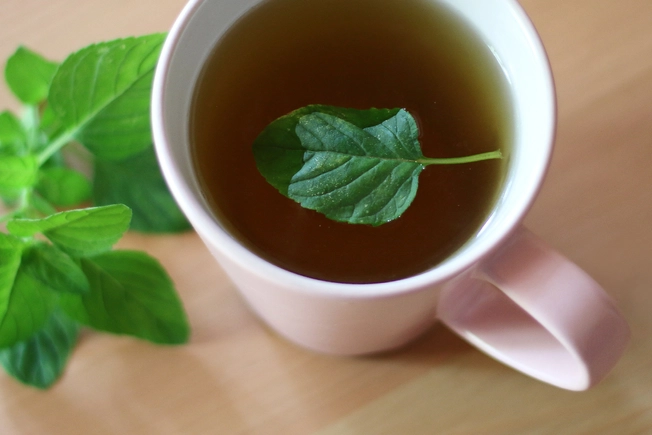
Peppermint
Studies show peppermint capsules can help relax the muscles in your digestive system. This helps push gas through to relieve stomach bloat. Peppermint tea can have the same calming effect.
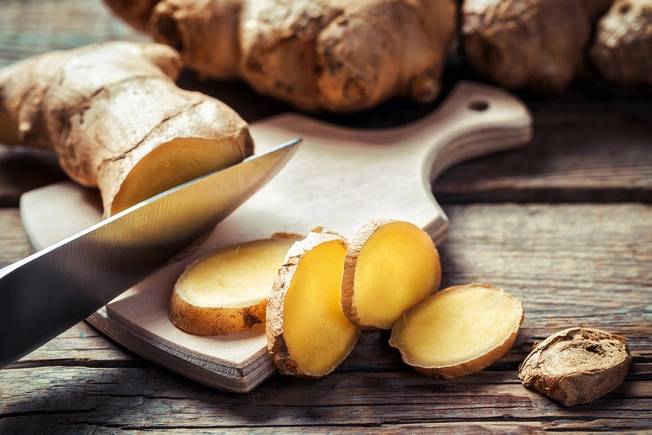
Ginger
Spicy-tasting ginger gets your gut juices flowing. This aids your digestion and helps your stomach empty faster, which prevents bloating.
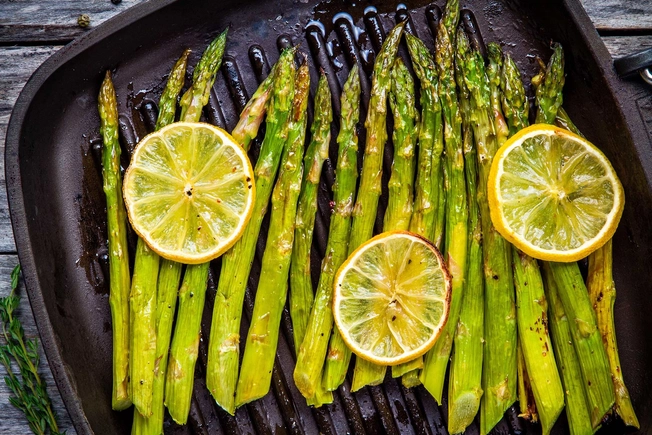
Asparagus
Known for making your pee stink, asparagus is a good source of inulin, an insoluble fiber that feeds the good bacteria in your gut and helps keep you regular.
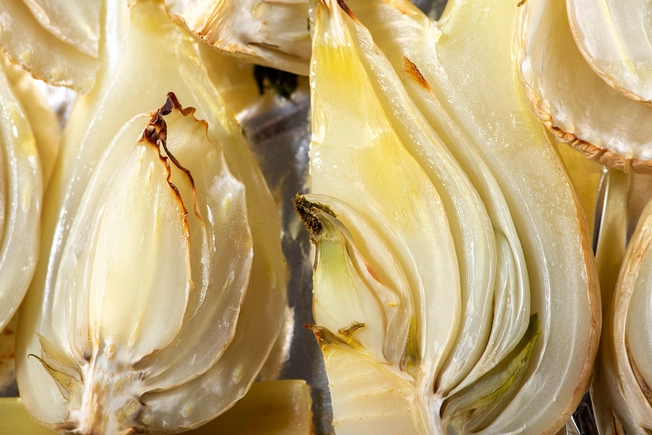
Fennel
This root veggie and its seeds have a compound that relaxes spasms in your GI tract. With fewer spasms, gas can get through your gut more easily so bloat doesn’t build.
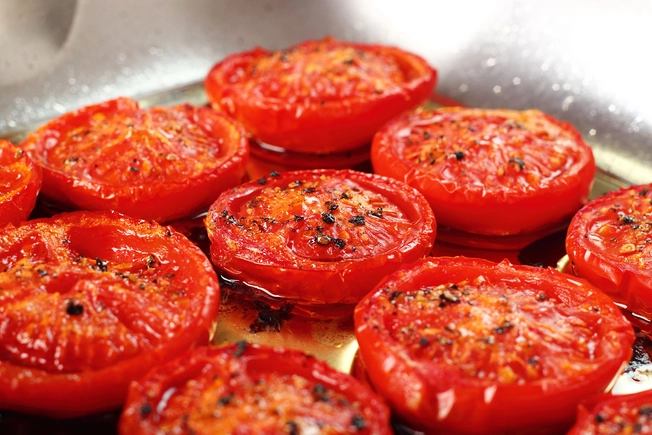
Tomatoes
A diet that includes tomatoes will load you up on lycopene, an antioxidant that works as an anti-inflammatory all over your body. Tomatoes are also full of potassium, which lowers levels of bloat-causing sodium in your body.
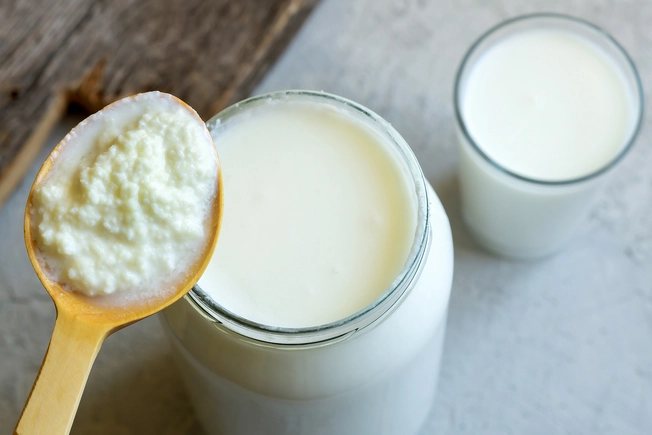
Kefir
Some studies say drinking kefir, a fermented yogurt-like beverage, takes away stomach gas by as much as 70%. Kefir helps break down the sugar in milk that can lead to bloating and pain.
